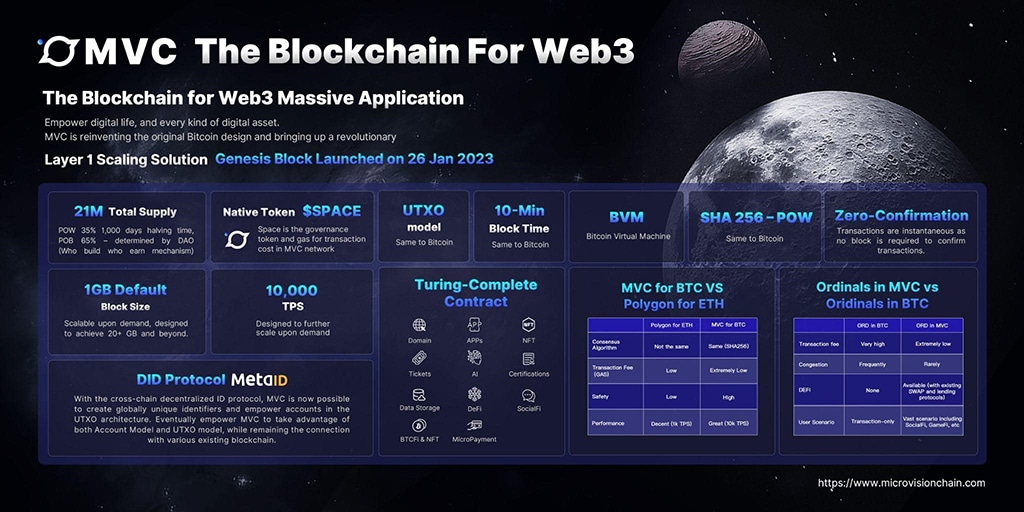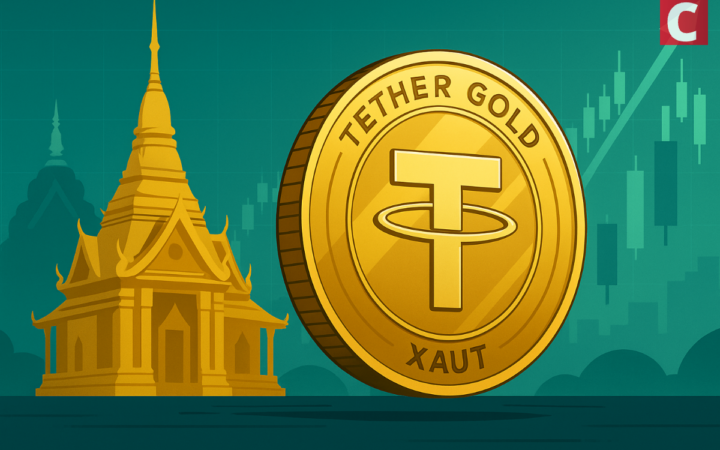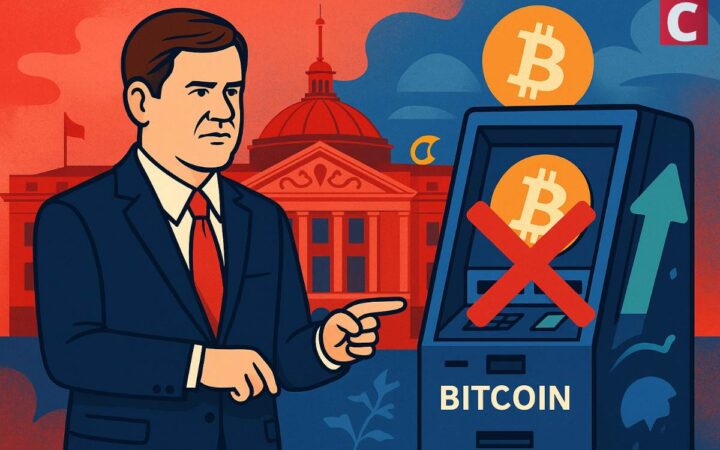
Bitcoin Virtual Machine (BVM) Emerges: Decoding BTCFi Rising Star MVC

This year, the performance of various tracks within the Bitcoin ecosystem has been exceptionally impressive. The Ordinals protocol has brought unprecedented exposure and liquidity to the Bitcoin ecosystem, while new standards such as BRC20 and SRC20 have sparked multiple waves of excitement in the market. However, the Bitcoin network congestion and high transaction fees have also become hot topics recently. Due to the unique nature of Bitcoin, the field of smart contracts and DeFi has had limited involvement in the past. However, some new projects have now started to focus on Bitcoin sidechains and DeFi, such as MVC, a prominent project in this space. MVC has pioneered the concept of the Bitcoin Virtual Machine (BVM), introducing Bitcoin smart contracts into a new narrative.
MVC is hailed as the best scalable and side-chain for Bitcoin, as it shares the same underlying UTXO structure, consensus mechanism, and total supply as Bitcoin. As a result, it can establish a one-to-one mapping with all existing Satoshis units of Bitcoin, becoming a “parallel universe” sidechain to some extent.
MVC possesses the industry’s first Turing-complete smart contracts based on Bitcoin UTXO and has achieved ultra-high performance of over 10,000 transactions per second (TPS) on the test network. Its ecosystem currently boasts over 20 available applications and over 10,000 active addresses, poised to build a future of hosting massive applications and serving billions of users on the Bitcoin network.
Project Name: MVC (MicrovisionChain)
Tokenomics
- Total Supply: 21 million
- 35% Proof of Work (PoW) mining
- 55% DAO Proof of Building
- 10% Early contributors
Project Classification
POW + UTXO + Bitcoin-compatible architecture + BVM (Bitcoin Virtual Machine) + Public Blockchain
Highlights
- Providing the best ideal side-chain services for Bitcoin
- Solving the congestion issues of Bitcoin
- Integrating the advantages of UTXO and account models to build a layer-one smart contract public blockchain
- Native cross-chain decentralized identifier (DID) MetaID
- Supporting a massive number of Web 3 applications
Project Overview
MVC is a layer-one smart contract public blockchain with unlimited potential. It is a revolutionary blockchain built on top of Bitcoin technology. However, unlike Bitcoin, MVC achieves unparalleled transaction speed, exponential scalability, extremely low fees, and maintains decentralization.
MVC’s technology is not just a slogan or a theoretical concept; it is already fully functional today. There are currently more than 20 running applications, including the industry’s first decentralized exchange based on the UTXO model, asset bridges, multiple non-custodial wallets, on-chain social applications, NFT marketplaces, decentralized domain names, and more, all based on the pure layer-one smart contract embedded within the UTXO model.
MVC supports FT/NFT, DeFi, data storage, BTCFi, and BTCNFT implemented through the Ordinals protocol and BRC20. MVC can expand its support for other Bitcoin protocols such as SRC20 in the near future, based on market demand. The features supporting Ordinals and BRC20 are expected to be implemented between July and August 2023.
This is just the beginning of MVC’s grand vision, “The Blockchain for Web3.” MVC is built on Bitcoin technology and is born to serve the future of Web3 and aid in resolving Bitcoin’s congestion problems. How will the arrival of MVC transform the landscape of Bitcoin? We eagerly await the answer.
Disclaimer: This publication is sponsored. Coinspeaker does not endorse or assume responsibility for the content, accuracy, quality, advertising, products, or other materials on this web page. Readers are advised to conduct their own research before engaging with any company mentioned. Please note that the featured information is not intended as, and shall not be understood or construed as legal, tax, investment, financial, or other advice. Nothing contained on this web page constitutes a solicitation, recommendation, endorsement, or offer by Coinspeaker or any third party service provider to buy or sell any cryptoassets or other financial instruments. Crypto assets are a high-risk investment. You should consider whether you understand the possibility of losing money due to leverage. None of the material should be considered as investment advice. Coinspeaker shall not be held liable, directly or indirectly, for any damages or losses arising from the use or reliance on any content, goods, or services featured on this web page.




